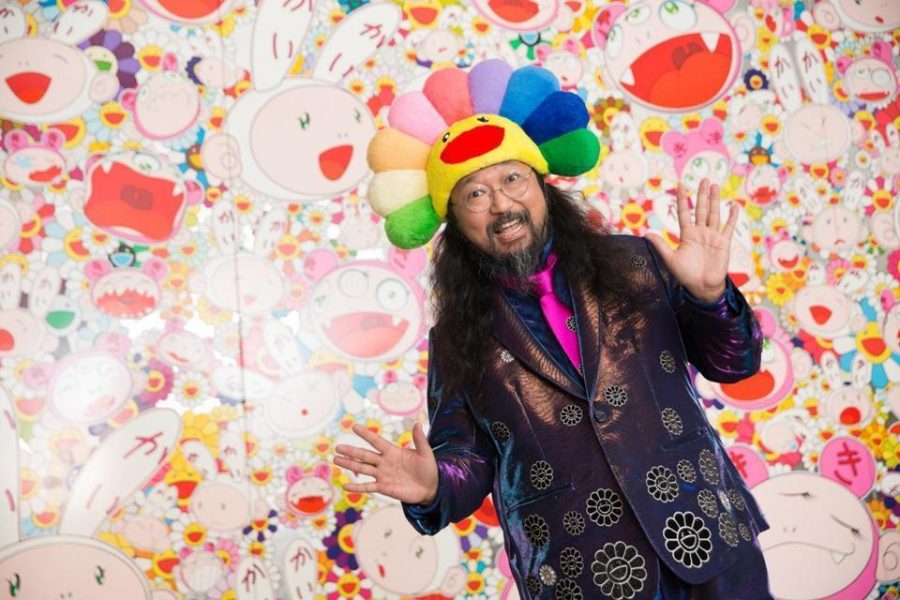On Saturday, Jan. 30, the New York Times made public its endorsements for the upcoming presidential election, supporting Democratic contender Hillary Clinton and Republican nominee John Kasich for their respective parties.
The Times wrote that Clinton would make possible “a vision in which middle-class Americans have a real shot at prosperity, women’s rights are enhanced, undocumented immigrants are given a chance at legitimacy, international alliances are nurtured, and the country is kept safe.”
Roughly a week prior, the Boston Globe endorsed Hillary Clinton in the NH primary, which is slated to take place Feb. 9, writing that Ms. Clinton is “more seasoned, more grounded, and more forward-looking than in 2008.”
Candidates receiving the support of news sources often aggravates the contention of those who believe that the press should remain neutral.
During the election period for the 2012 elections, 99 daily newspapers, including the New York Times and the Globe, endorsed Barack Obama for re-election, over 80 of which endorsed Mr. Obama during the 2008 elections. Only three of those papers explicitly stated that they would not endorse a candidate during the election period.
Some newspapers reject the concept of endorsement altogether, such as the Wall Street Journal, which has not supported a presidential candidate since the 1920s.
However, refusal to endorse a candidate does not exempt a newspaper from espousing specific political beliefs, nor would that refusal preclude biases in favor of or against particular candidates.
To some editors, accurate endorsement serves as a confirmation of a paper’s credibility; an endorsement serves as a litmus test of sorts, identifying whether or not the paper can be considered credible on other political and electoral matters.
In 2012, the Chicago Tribune wrote about its decision to continue endorsements of political candidates, stating, “Our readers make up their own minds when they cast their ballots. They get from us an honest assessment of the options, and we will keep providing it.”
Some papers take an intentionally neutral stance, but readers should note that a lack of endorsement does not necessarily signify neutrality. Selectivity in stories can also create a form of bias if one candidate is reported on with a greater frequency, or another candidate is scarcely discussed at all.
Although seeming favoritism should not be conflated with endorsement, preference for one candidate over another still creates a public consciousness of the newspaper’s views, especially if the representation of one candidate over another is disproportionate.
During the presidential elections of 2008 and 2012, the Simmons Voice did not endorse any candidates.
The Simmons Voice is not endorsing a presidential candidate during the 2016 elections, and instead encourages voters to remain critical about their candidate of choice. Research candidates’ backgrounds, especially in regard to consistency, as well as their experience in public policy and the political arena.
The Voice would also like to remind voters that the Massachusetts primary will take place on March 1.

















